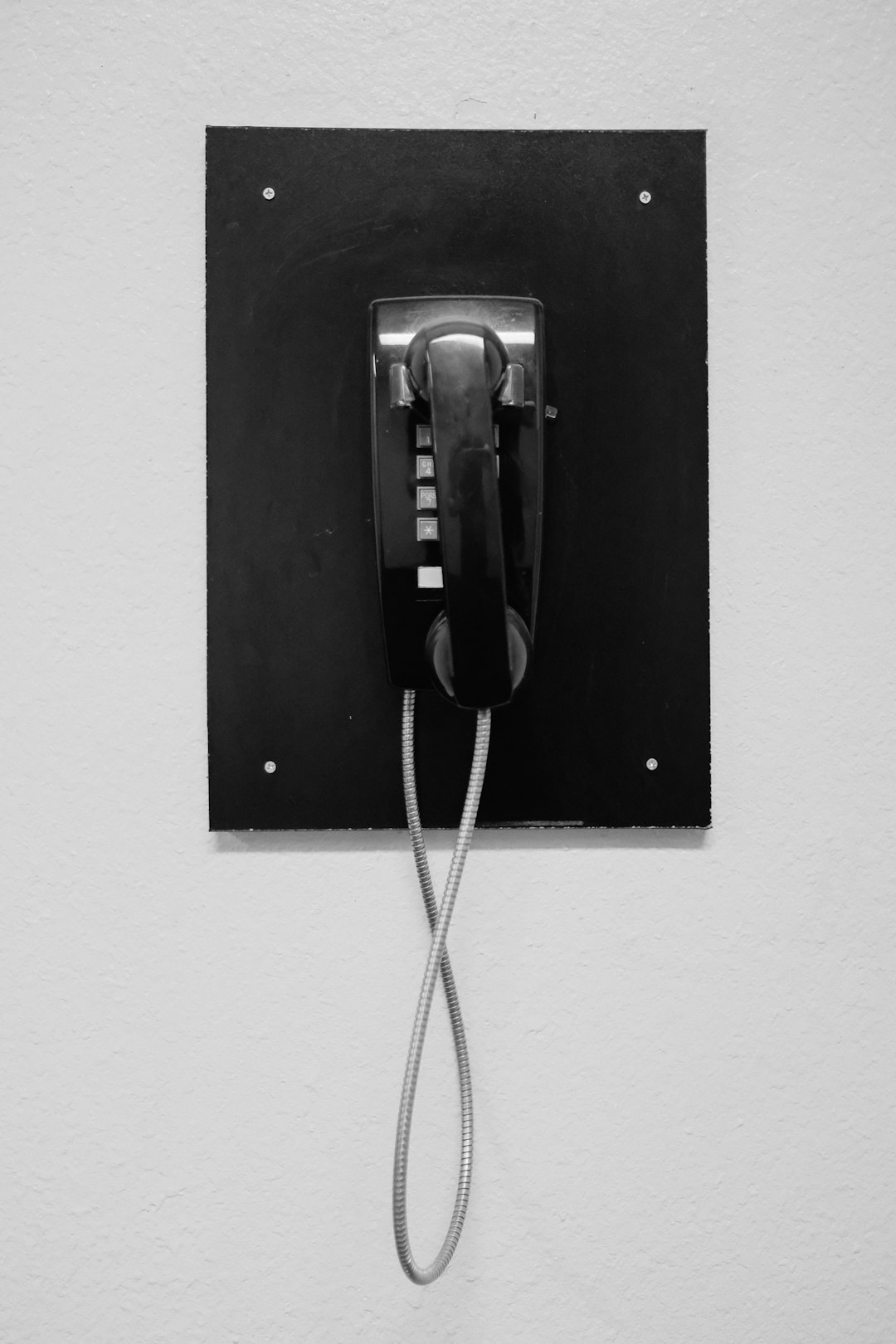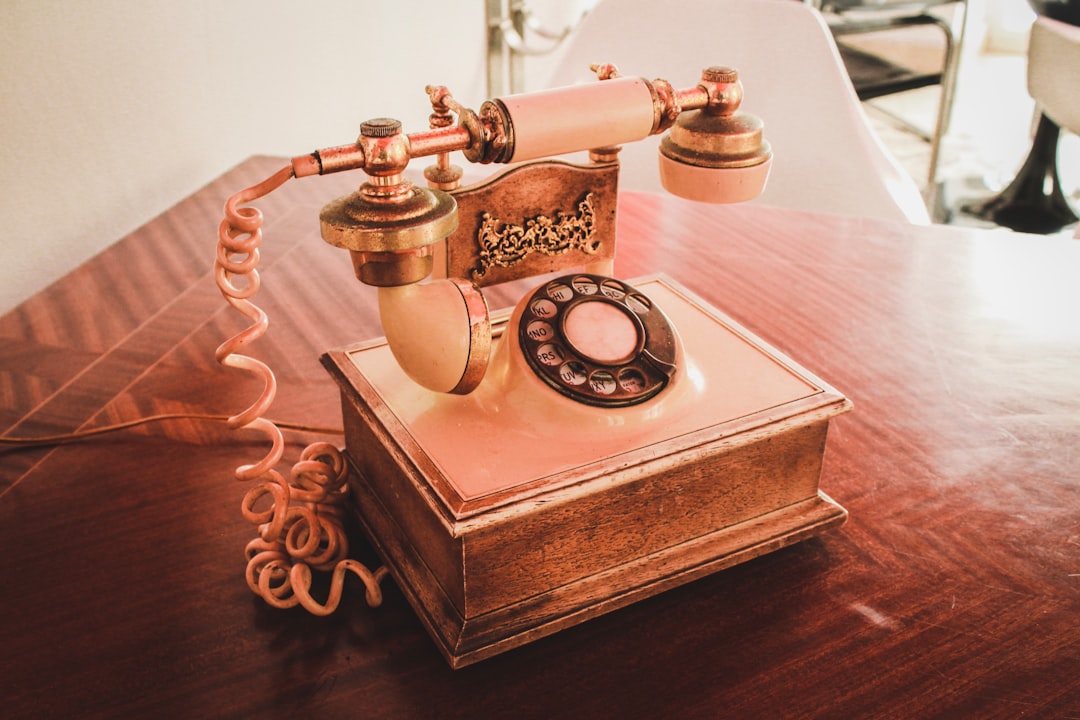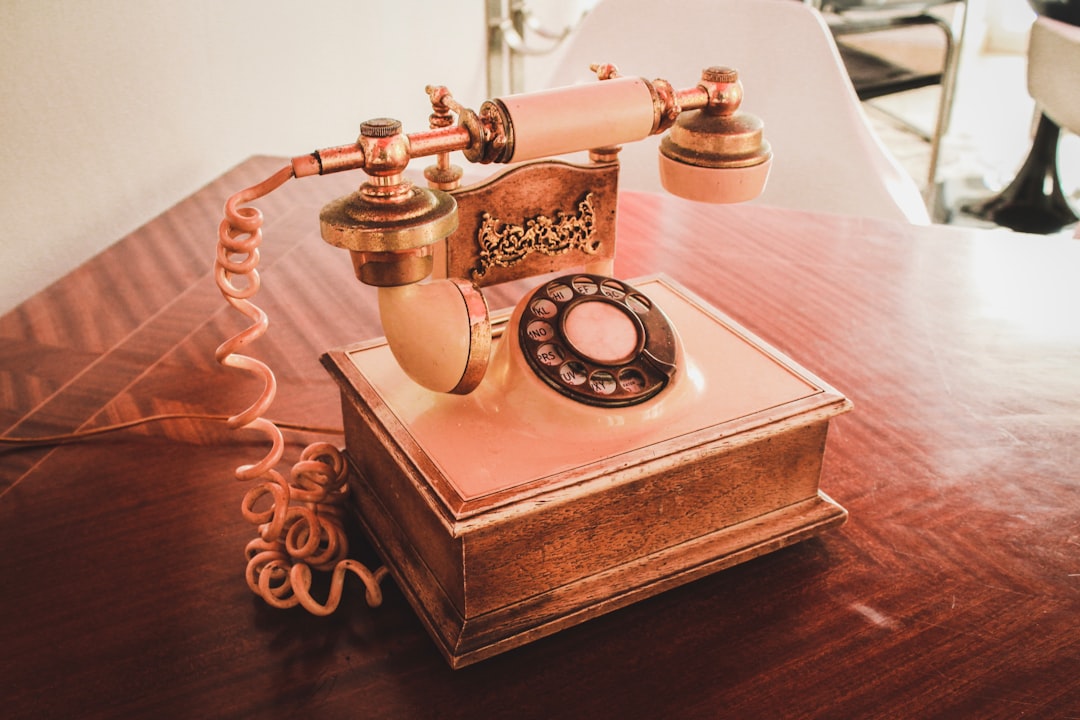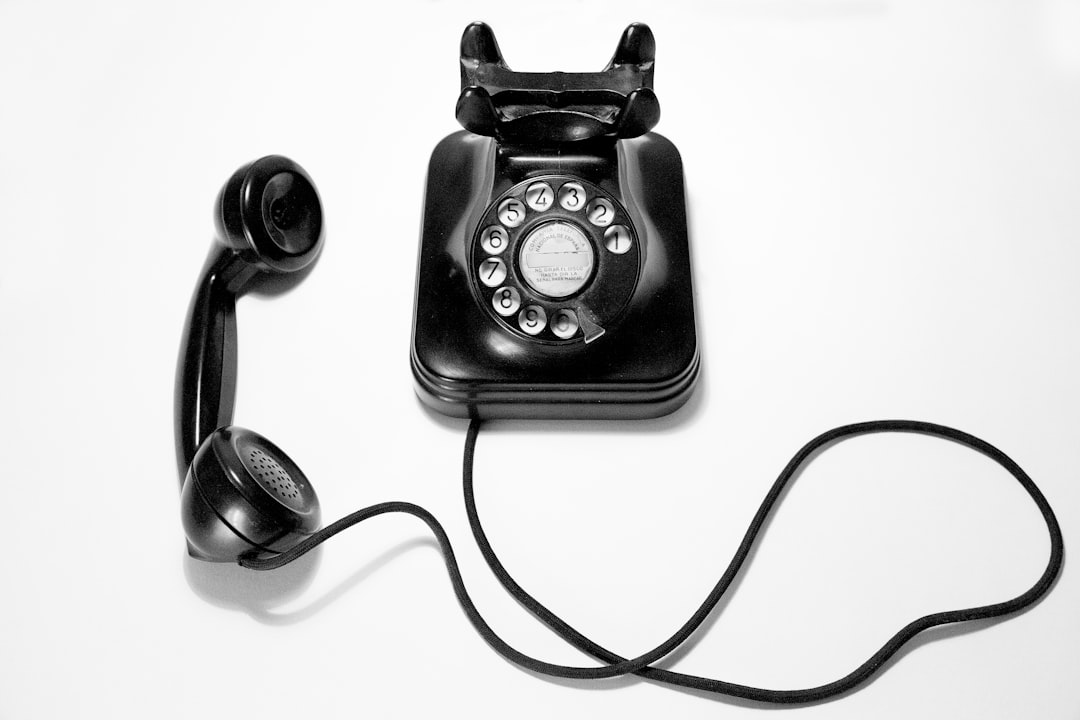Spam text messages in Washington State are subject to legal action under state and federal laws. Consumers can report spam and consult specialized lawyers for options like FTC complaints or small claims court. Reporting to mobile service providers or legal experts is crucial for addressing unwanted messaging, with attorneys offering guidance on documentation, complaints, and potential litigation.
In today’s digital age, spam text messages have become a pervasive nuisance. Washington State residents now have various resources at their disposal to combat this issue. This article guides you through the process of reporting spam texts, from understanding your legal rights and available recourse in Washington to contacting service providers and carriers, and even leveraging the expertise of a spam lawyer. By armed with knowledge, you can actively protect yourself against unwanted messages.
Understanding Spam Texts and Legal Recourses in Washington

Spam text messages are a common nuisance, but they also have legal implications. In Washington State, businesses and individuals who receive unsolicited text messages containing advertising or promotional content may have rights under state and federal laws. These laws aim to protect consumers from deceptive or misleading practices by holding senders accountable for their actions.
If you’re facing an overwhelming amount of spam texts, consulting a Lawyer in Washington specializing in consumer protection law could be beneficial. They can guide you on the legal options available, such as filing a complaint with the Federal Trade Commission (FTC) or taking action through small claims court. Understanding your rights and knowing when to involve legal counsel is crucial in effectively navigating the issue of spam texts.
Reporting Spam: Contacting Service Providers and Carriers
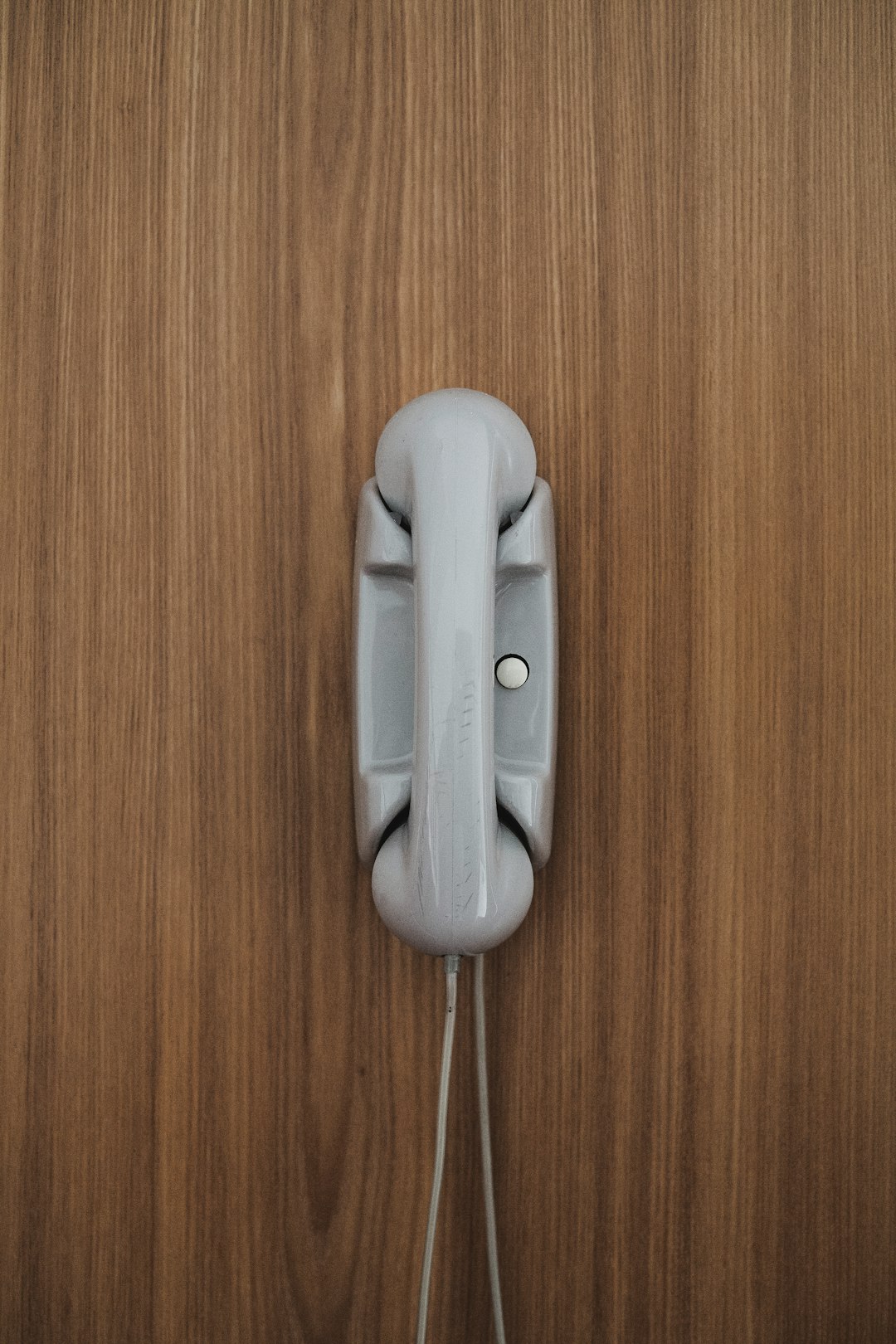
If you’ve received spam text messages in Washington State, taking action to report them is a crucial step in protecting yourself and your peers. Start by contacting your mobile service provider. Major carriers like Verizon, T-Mobile, and AT&T have dedicated channels for handling spam complaints. They may ask for details such as the sender’s number, the content of the message, and when you received it. Your carrier can then take steps to block future messages from that number.
Additionally, consider reaching out to a lawyer specializing in telecommunications law or consumer protection. A legal professional can provide guidance tailored to your situation, especially if the spamming is persistent or has escalated. They might assist in escalating the issue to relevant authorities and ensuring that the responsible party faces consequences for their actions.
The Role of Legal Experts in Navigating Spam Text Cases
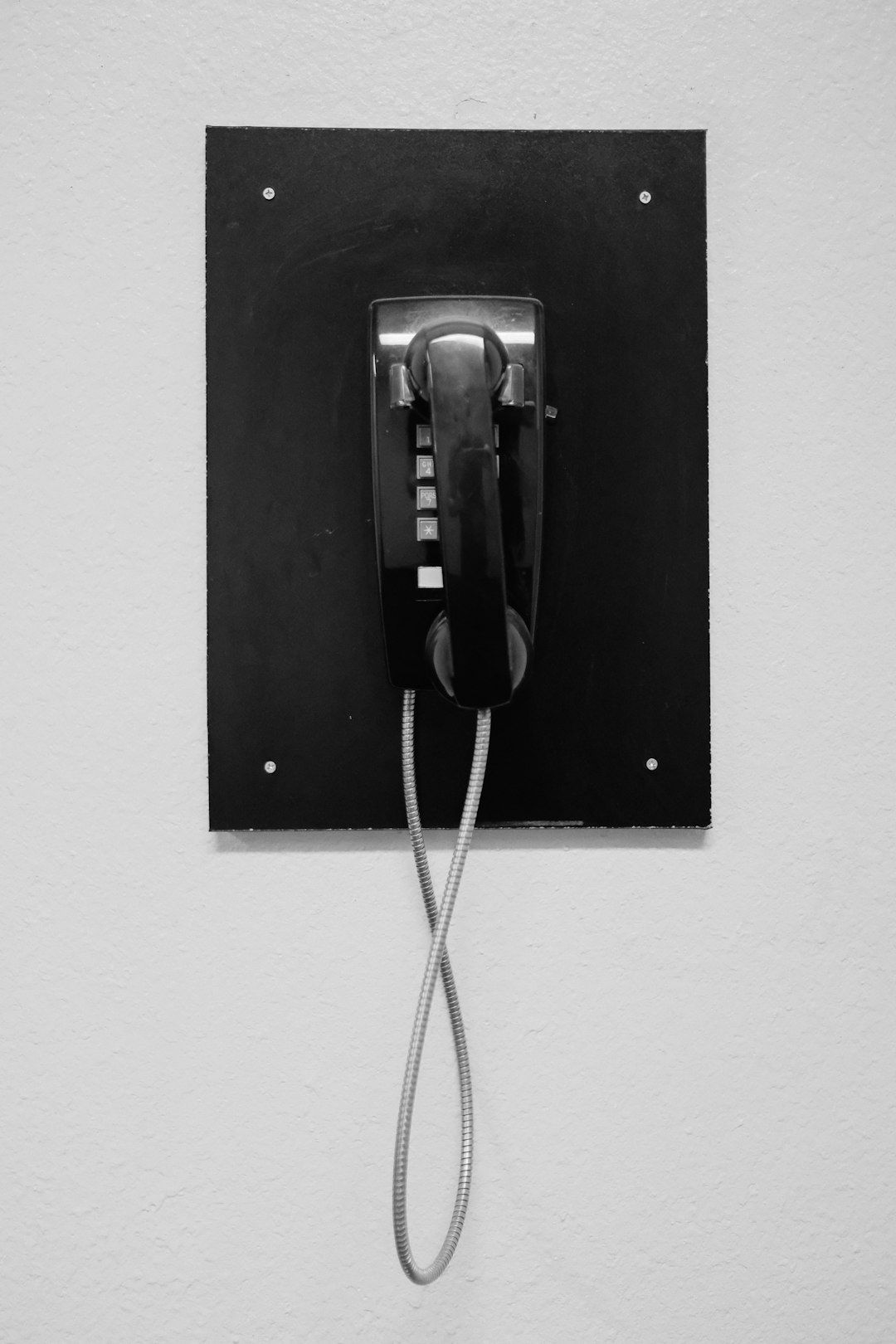
In cases involving spam text messages, legal experts play a crucial role in navigating complex legal landscapes and ensuring justice for victims in Washington State. With the rise of unwanted and fraudulent text messages, individuals may feel empowered to take action against perpetrators by seeking legal assistance from a specialized lawyer. These attorneys are well-versed in consumer protection laws and have extensive knowledge of how to handle spam texts cases effectively.
A spam text lawyer in Washington can guide victims through the process of reporting and documenting these incidents, which is essential for any potential legal action. They provide valuable insights into state regulations regarding unsolicited text messages and help determine the best course of action, whether it involves contacting service providers, filing official complaints, or pursuing legal litigation. Their expertise enables them to protect clients’ rights and secure appropriate resolutions in spam texts cases.
